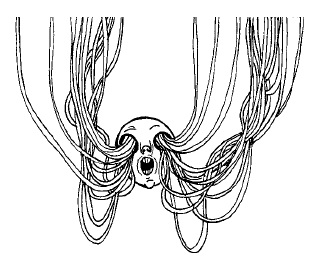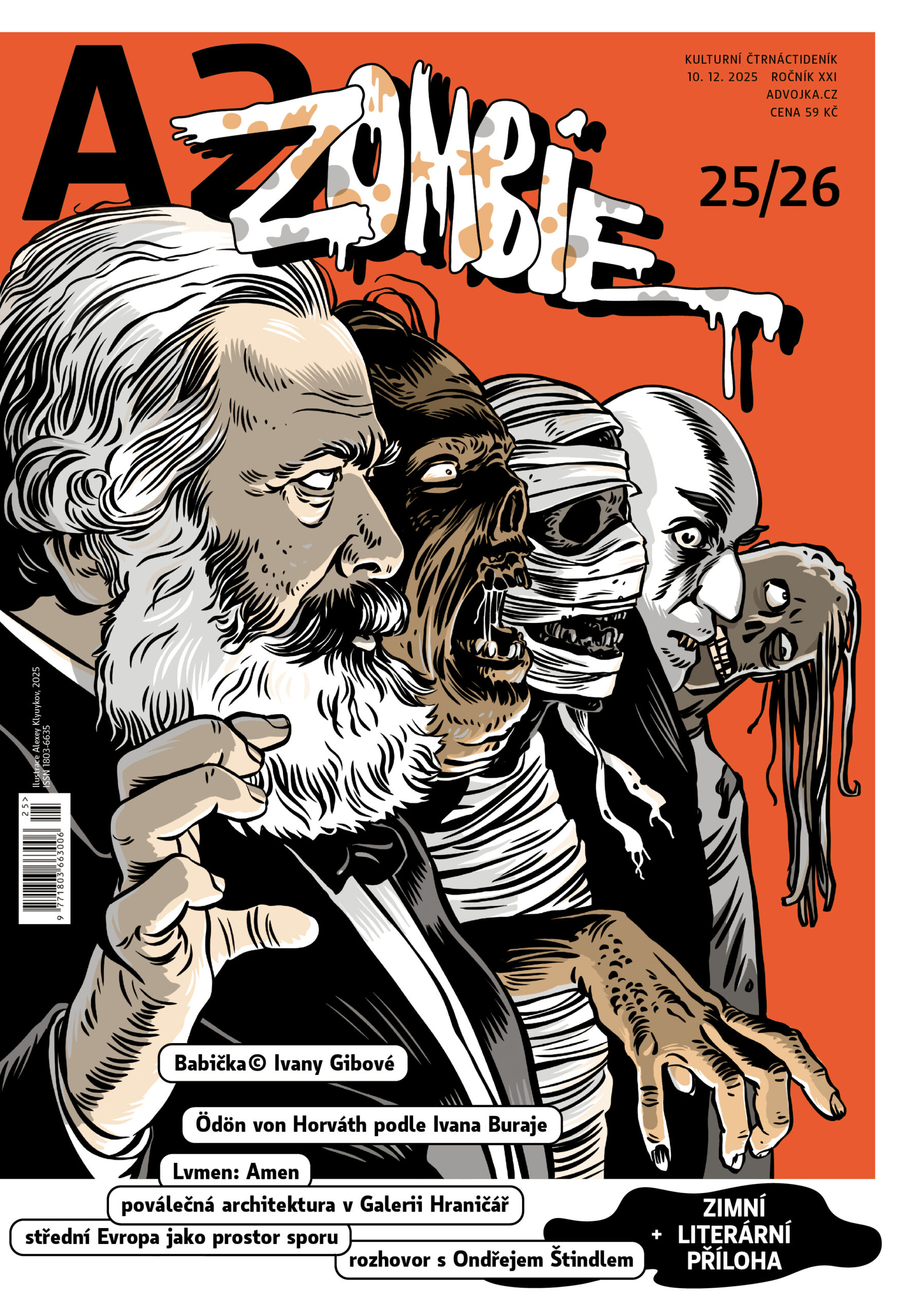Leftist terror the Czech way

Two recent court decisions that concern the (post)autonomous left are worth paying attention to, even if only one of them is worth welcoming. After two and half years, on Friday, September 22, the Prague city court pronounced an acquittal, which is not legally effective yet, and according to which three people could not be found guilty of plotting a terrorist act against a train, one defendant that she did not prevent the act, and another of allegedly plotting an attack against a public official. The state attorney appealed and it can be assumed that the Fénix case – that stands and falls with the undetermined role of police agents and where sentences of up to twelve years, and initially even life sentences, were looming, remains only a deterring memento of the pitiful approach of the police and state attorney and that there will not be a similar case in the future. Let us remind ourselves that two of the defendants spent a long time in detention; Martin Ignačák as many as sixteen months. So Czech police will probably need to await the Czech version of RAF (Red Army fraction). The vegan anarcho-pacifists who got entangled into a confused cat and mouse game with police agents do not resemble Andreas Baader and his telling slogans „shooting iron speaks“ or „shooting is like fucking“ in the slightest.
The other verdict of the city court about not renewing the lease for the autonomous social center known as Klinika is legally effective and if it will be affirmed by acts, we can expect a traditional course most likely resulting in passive resistance of the Klinika collective and disproportional police intervention that will lead to the clearing of the building. The situation after the clearing of the Milada villa in 2009 will thus repeat itself and Prague will lose its only squat and important independent center of alternative culture that has successfully operated for the past three years.
Much has happened around Klinika in the past three years. At some points it even seemed that Prague would follow examples of other cities and get along with the (post)autonomous enclave quite well. For example, it turned out that the building of Klinika can be lost, then regained by means of peaceful occupation, and eventually gain it through regular selection process. We witnessed otherwise unprecedented events, for instance the – by local standards – widespread public support that the squatter scene at the time of the clearing off Landronka and later Milada could only dream. The other side of the same coin were the squatters who were not afraid to negotiate with politicians and, if at all possible, strove to seek legal means of achieving their demands. While this attempt was understandable, it was also occasionally too fierce – especially in the initial phase of trust. It gradually turned out that Andrej Babiš and his momentary glimpses of non conformity cannot be trusted. But it also turned out that the Green Party leader Matěj Stropnický cannot be completely trusted either. Although Stropnický initially tied his executive political fate with the future of the Žižkov center, as the elections were approaching, he came to realize that although thanks to Klinika squatting possibly resonated with Prague liberals for a while, the majority of votes do not perceive it as an essential topic and that it can be even dangerous for a possible success in the elections.
Most importantly, we could take a look at a place that perhaps did not constitute a traditional squatter community laboratory that pointed to the inside but was rather capable of being open to the outside. Solidary and autonomous practice constantly merged with theory, resulting in providing aid to refugees at a rate that could make many nongovernmental organizations envious. In addition, Klinika held lectures at a level of many university departments, and foreign languages were taught here almost as at a language school. As if the anarchist punk drive we usually connect with the squats of Prague past gave way to the sometimes moderate liberalism. This led, for example, to a ban on hard liquor drinking on the premises, following by ban on smoking that was inspired by the practice in the developed world and that preceded the law that enforced such a ban in pubs and coffee shops. In other words, Klinika balanced somewhere between a squat and Scout Movement meeting room and it seemed as though this could work. The court senate, which did not consider the multitude of circumstances, however, was not convinced. This only supports the idea that the case was not about the ownership of the building that had been abandoned for many years but rather political will to eliminate a free center whose philosophy does not fit in the capitalist world where ownership trumps morality. If the darkest scenario is fulfilled and the Klinika collective will be thrown out before the appeal reaches the supreme court or will be denied, we will once again find ourselves in a situation where Czech squatting shrinks to symbolical occupations of unused buildings appreciated by media. Activities such as these point the finger at senselessness of the system that left abandoned buildings fall into disrepair, but they can hardly replace a continuously operating autonomous center.
It is perhaps no coincidence that Klinika was often connected with the Fénix case so that it appeared that it is a hideout of leftist extremists who are not far from terrorism. Now that we lost our first leftist „terrorists“ of the post 1989 era who gave birth to elite law enforcement, only a group of idealists remains who strive to help and create rather than destroy the given order. It may not be long before they too may disappear from our field of vision. So much for Czech leftist terrorism.



